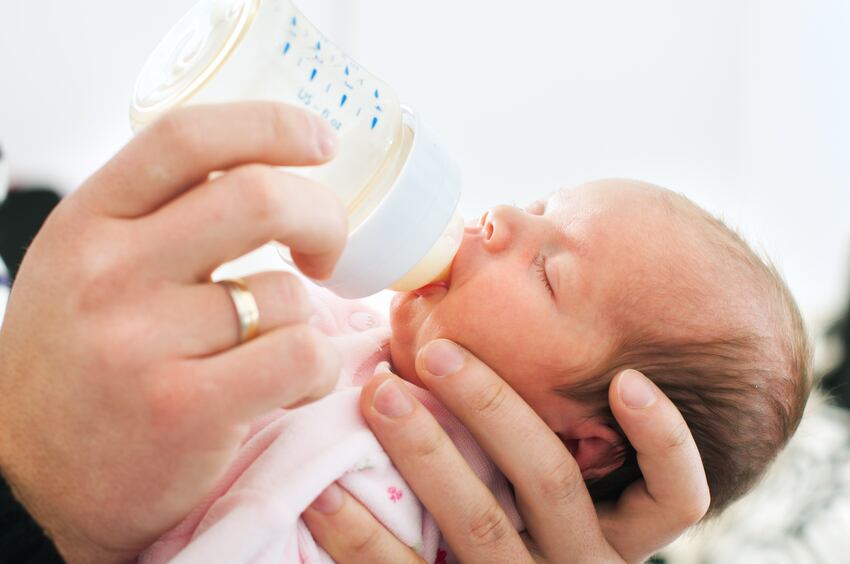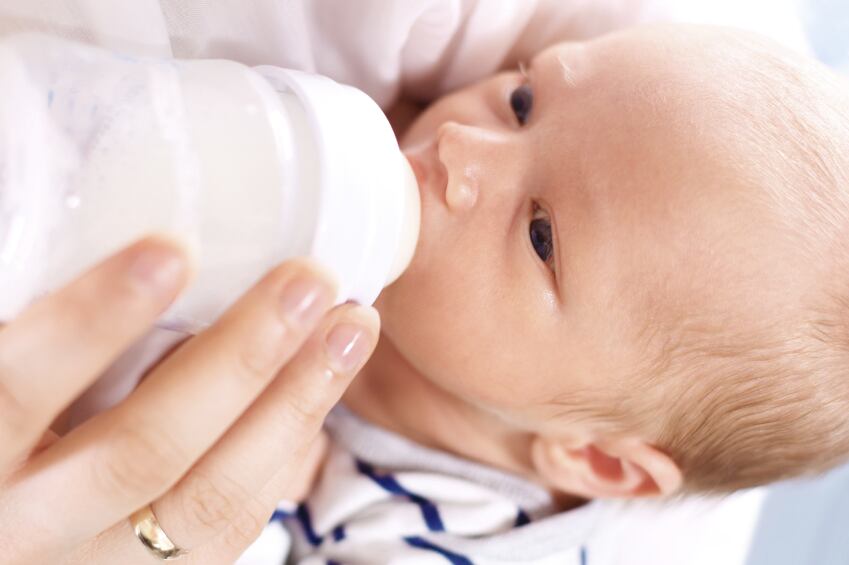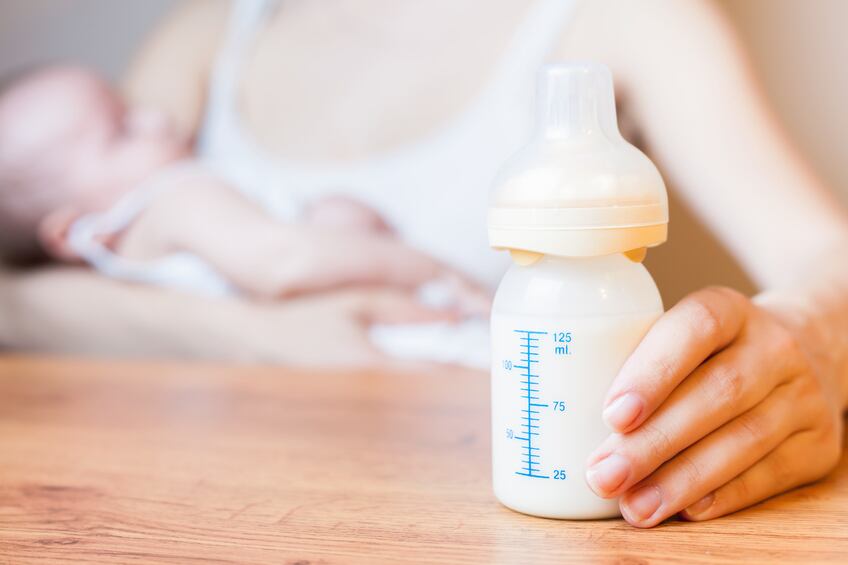In a statement released on January the 31st, the College said the suspension covered receipt of funding from Danone and Nestle - two companies that the College had in place to consider partnerships.
Despite these relationships being in place for over a year, in which both firms met the College’s due diligence criteria, the RCPCH took the decision in light of recent concerns raised by members.
“The College is aware of the criticism around the sponsorship arrangements for this conference, and apologises for confusion caused. We will ensure that robust safeguards apply to our future sponsorship policies.”
Middle East and North Africa
The RCPCH had been under pressure for some time after it was revealed these infant formula firms were sponsoring a College-organised conference on breastfeeding in the Middle East and North Africa.
In a letter to the RCPCH’s Russell Viner, the signatories were particularly unhappy with the conference’s choice of a low- or middle-income country, which they said was a “market most vulnerable to predatory advertising and where most WHO Code violations are reported.”
The RCPCH defended the decision stating, “The conference has proved an important opportunity to share knowledge, expertise and latest research on child health issues including the promotion of breastfeeding with health professionals in Egypt”.
BMJ review
The RCPCH’s decision to cease sponsorship arrangements with infant formula firms follows the British Medical Journal’s (BMJ) decision to review its relationship with advertisers.
“The BMJ and its sister journals accept advertising for specialist breastmilk substitutes,” said the journal’s editor-in-chief Fiona Godlee.
“The advertisements must be legal and honest and meet advertising standards, and we expect all claims of health benefit to be supported by published peer reviewed research.
“Last year the BMJ company received €227,000 (£200 000) for advertisements for breastmilk substitutes.”
She added that in light of van Tulleken’s investigation and the BMJ’s own growing concerns about the effect of aggressive promotion of breastmilk substitutes on rates of breastfeeding around the world, they were reviewing their policies on accepting advertising for these products.




